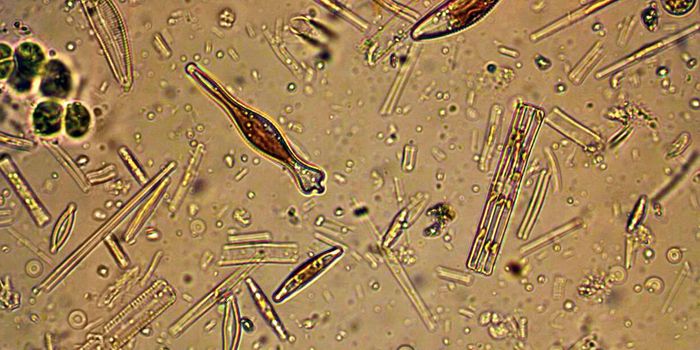Air pollution is threatening birds' health
Researchers from the University of Wisconsin-Madison have recently published a new study in the journal Environmental Research Letters highlighting the lack of information that we have on how air pollution affects birds.
What we don’t know covers way more than what we do, the scientists say. The study explains some of the knowledge that we are missing: air pollution's effects on the avian respiratory system; toxic effects on birds, including elevated stress levels and immunosuppression; behavioral changes; and effects on reproductive success and demographics, such as changes in population density, species diversity, and community composition.
"We know a lot about air pollution's effects on human health, and we know a lot about the impacts of air pollution across ecosystems," explains Tracey Holloway, a professor at UW-Madison's Nelson Institute for Environmental Studies. "We were surprised to discover how little we know about how air pollution affects birds."
That’s because there are a lot of balls to juggle when measuring the impacts of air pollution on wild birds. Even just gathering data is extremely difficult and studies must take into consideration types and levels of air pollution, dynamic atmospheric conditions, species-specific responses, and direct versus indirect effects of air pollution. With all this on the table, it makes sense why there have only been only two field studies since 1950 in the United States.
The aim of this particular study was not to conduct field research; it was to assess where we are now with what we already know. To do this, the team looked through almost 70 years of the minimal scientific literature that has studied how air pollution directly affects the health, well-being, reproductive success, and diversity of birds.
"There is a lot of work to be done in this area," says researcher Olivia Sanderfoot. "Air quality is an ever-changing problem across the globe. There's a need to look at different types of air pollution and different species all over the world. We have a huge lack of understanding of the levels of pollution birds are exposed to."
One factor in particular that concerns the researchers is the avian respiratory system. "Birds breathe unidirectionally," Sanderfoot explains. "They definitely breathe more efficiently than humans, and it has been hypothesized that because their respiratory system is so much more efficient than ours, they are going to more readily pick up air pollutants."
The team hopes that their study will encourage bird biologists and other scientists to delve deeper into this field of research. Some studies, like the one reported on in the video below, even use birds to collect their own data.
Sources: Science Daily, Environmental Research Letters









